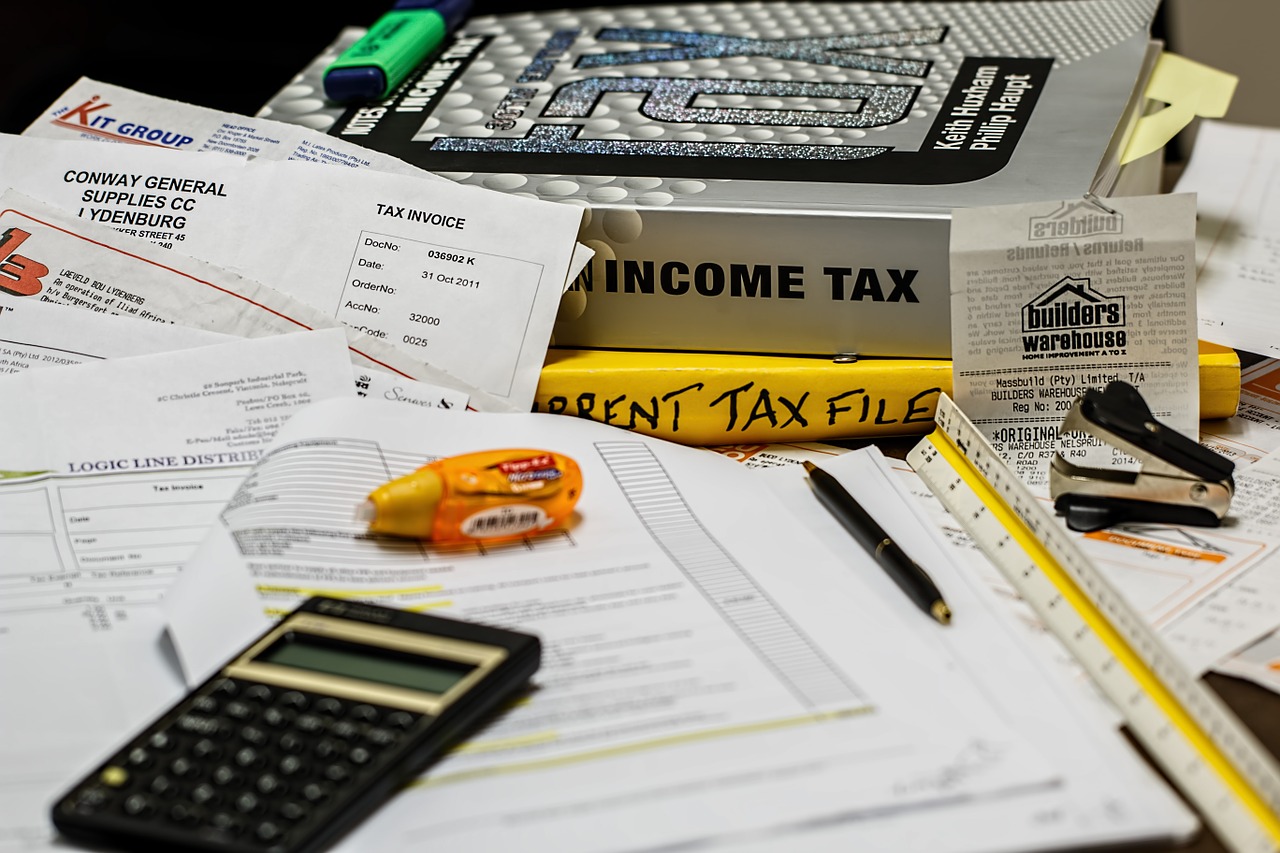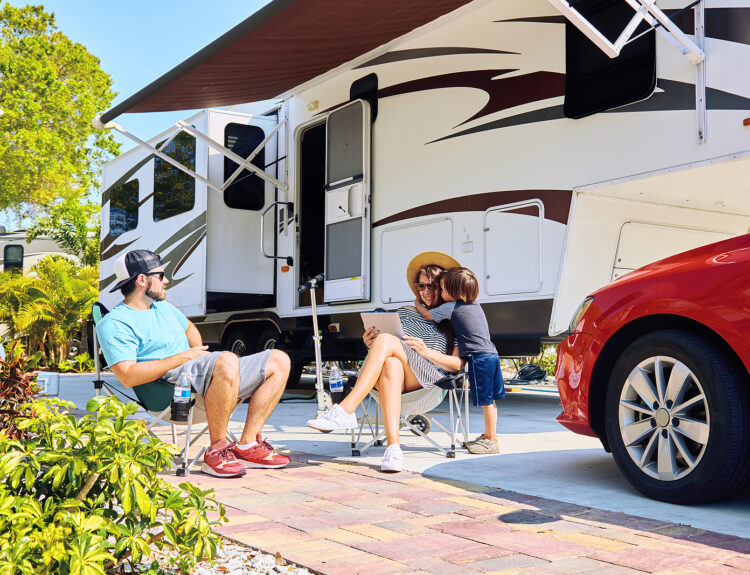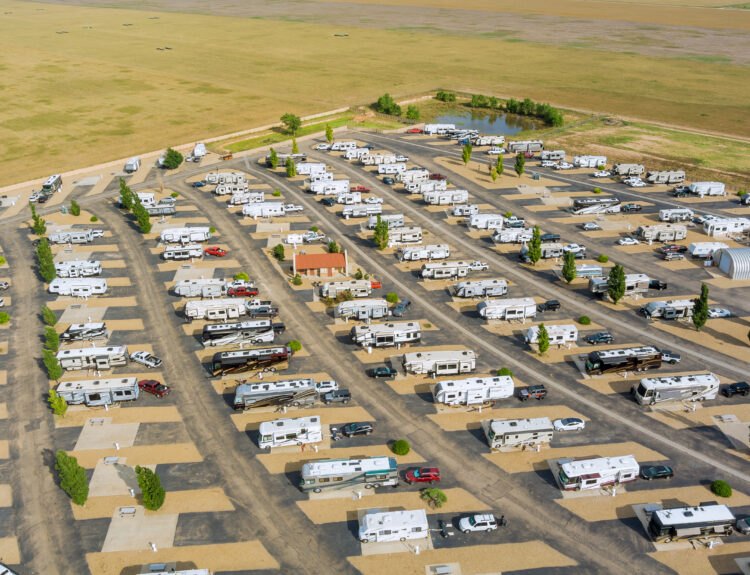Preparing for the tax season can be stressful. Here are some tax tips for RV Park owners. With the end of the year looming there’s no need to fret over your tax bill though. Proper preparation and planning make campground taxes a breeze. As American RV park owners will know, sorting out tax returns is very important and we’re here to help.
Below, are several top tips to ensure a smooth tax return each and every year. Please remember that these are just our tips to get you started. For specific guidance and advice, or help with any issues, it’s best to contact your tax professional, like Parikh Financial who will be your bookkeeping and financial solution.
Know Your Tax Bracket
Generally, the IRS (Internal revenue service) recognizes sole proprietorships, partnerships, limited liability companies, and limited liability partnerships as “disregarded entities” when it comes to tax return time and with these tax tips for RV Park owners, you will know the difference.
This means that your RV park profits are considered part of your personal income as opposed to a corporate entity. That said, this is dependent on how much you’re making and whether or not you pass certain capital-gain thresholds.
Most small business and RV camp owners fall into the above categories, making it even more important to make sure you’re in the correct tax bracket. If you’re not sure how your business is classified, contact the department of revenue in your state.
Placing yourself in the wrong bracket means that you could be paying more than you have to.
What Is A Tax Bracket?
A tax bracket is one of seven tax rates which determine how much tax you need to pay each year. Generally, the income tax rate will increase with the amount of income you make.
Tax rates also depend on other factors, such as your family situation which we will explain with these tax tips for RV Park owners. For example, your marital status and the number of children you have may have an impact. Your tax bracket can also change each year, depending on new rules that may be put into place or changes in your personal circumstances.
How Can I Work Out My Tax Bracket?
A number of factors affect which tax bracket you fall into. To calculate this, you can use online tools, such as this helpful tax bracket calculator.
Simply input the required information, such as your marital status and your income. The calculator will get to work and figure out which income tax bracket you’re in. We have more tax tips for RV Park owners like these later in the guide.
Alternatively, you can seek professional advice to make sure you’re in the right bracket.
Keep Business and Personal Finances Separate
A recurrent issue among RV park owners is the risk of becoming too friendly with your customers. There are many occasions where park owners adopt a “buy now, pay later” scheme for the customers they trust. Of course, being a friendly person is no sin, but it could cost you in the long-run.
By making the boundaries clear, and ensuring that everyone pays their rent on time, you’ll reduce the risk of debt. Try to keep an eagle eye on each and every recreational vehicle in your park. Make sure you know when they arrived, when they plan on leaving, which hook-ups they’re using, and their quoted rate per night.
Mixing business with pleasure when it comes to your guests is one thing. Mixing up finances is quite another. Indeed, some RV park owners may fall into the trap of mixing personal expenses, such as food or personal RV product purchases.
A great way to avoid this is by having separate credit cards—one for the business and one for your own designated wages. This way, you can keep on top of the incomings and outgoings for both the business and your personal finances. This is one of the bigger tax tips for RV Park owners.
Use Accounting Software to Avoid Penalties
Bookkeeping keeps all of your accounts and campground taxes in detailed order. For those of you who have done this the old-fashioned way with ledgers and pens, you’ll know how exactingly slow the process is.
Nowadays, writing all your expenses down in books is largely redundant. Instead, take advantage of technological advances and digitize your bookkeeping.
Some useful and highly regarded software includes Quickbooks and Xero. Both of these programs will remind you to pay your quarterly tax return on time alongside other payables like social security and Medicaid. They also track sales tax and use tax.
It can also be helpful to manage all your sales in one platform, like the RoverPass Reservation Management system. That way you can track your online reservation requests and any transactions from the POS. Taking reservations online might also drive more revenue as well, and help offset your tax burden just another one of thetax tips for RV Park owners.
Book a FREE, personalized demo
Why Use Bookkeeping Software?
Firstly, your books will be as neat as a pin! Secondly, all your information will be in one searchable and digitized place.
And last, but certainly not least, those automated reminders mean that you won’t miss any payments or incur any fines. When those fines can hit up to 25 percent of the tax due, this is helpful indeed.
Use a Tax Professional to Help You Out
Trying to do everything yourself is a trap that many small business owners fall into. For that reason, one of our main pieces of advice to campground owners is the importance of using professionals to keep your finances in order. This help can come in the form of a small business accountant or a bookkeeper.
Although spending money on a bookkeeper or accountant may seem costly at first, it will benefit you in the long run. These professionals can work out ways to save money and show you which taxes you are exempt from. They’ll also keep you informed about any changes made in the tax world.
Get the best professional you can. Below are a few key things to look out for.
- A proven track record.
- A Certified Public Accountant (CPA).
- Ideally, someone who has experience in your industry.
- Someone with in-depth knowledge of your state sales tax.
- Someone you get along with personally.
- Similar goals when it comes to your business.
Track Reimbursable Expenses For Tax Deductions
Another great use of the software above is to track your deductible expenditure.
Tax deductions are money off your usual taxable income, due to both business and personal expenses. Owning a home or business, having a studying child at home, and a whole host of other costs could make you exempt from some charges.
Common deductions for campgrounds are updating electrical hookups, maintenance equipment, advertising costs, and many other expenses your campground accrues.
Deductions essentially reduce the amount of taxable income you make, therefore reducing your tax payable at the end of the year.
By keeping track of receipts, you can prove your deductible outgoings to claim back on your tax.
Final Words
Managing your campground taxes effectively is paramount; the last thing you need is to be burdened with fines in addition to your regular tax obligations.
With a dash of organization and the guidance of a professional, the process of handling your campground tax return can be seamless.
We trust that our tips have provided assistance, but never hesitate to consult a tax expert for more specialized advice on campground taxes if you find it necessary. For ongoing support, shared experiences, and the collective wisdom of fellow campground owners, you are warmly invited to join our Facebook group. It’s an engaging community where you can find encouragement and insights to make your business even more successful.









